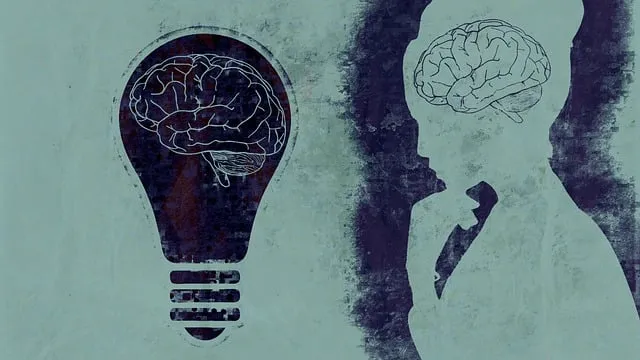Kaiser Permanente mental health locations in Superior prioritize cultural competency through comprehensive training programs, including Social Skills Training, Compassion Cultivation, and Empathy Building. This goes beyond awareness by emphasizing understanding and valuing diverse beliefs, communication styles, and healthcare access. Their inclusive approach incorporates Trauma Support Services, Mental Health Awareness workshops, and cultural sensitivity exercises, fostering an environment where staff can provide tailored care to diverse patient populations. Community Outreach Programs bridge cultural gaps, build trust, and enhance the patient experience, transforming these locations into exceptional centers of care for all.
In today’s diverse healthcare landscape, cultural competency is no longer an option but a necessity. This article explores how healthcare providers can enhance patient care through comprehensive training, drawing insights from industry leader Kaiser Permanente’s approach. We delve into their successful case study of mental health training at various Kaiser Permanente locations, particularly focusing on Superior. Additionally, we offer practical strategies for effective cultural competency implementation across diverse healthcare settings.
- Understanding Cultural Competency in Healthcare: A Necessity for Modern Practice
- Kaiser Permanente's Approach to Mental Health Training: A Case Study
- Enhancing Patient Care at Superior Locations: Strategies for Effective Cultural Competency Implementation
Understanding Cultural Competency in Healthcare: A Necessity for Modern Practice

In today’s diverse healthcare landscape, cultural competency is no longer an optional skill for providers; it’s a necessity. Cultural competency goes beyond mere awareness of different cultures and traditions. It involves understanding and appreciating the unique values, beliefs, and communication styles that shape how individuals access and perceive healthcare. At Kaiser Permanente mental health locations across Superior, this holistic approach to patient care is recognized as a cornerstone of quality service delivery.
By incorporating Social Skills Training, Compassion Cultivation Practices, and Empathy Building Strategies into their professional development, healthcare providers are better equipped to navigate complex cultural terrains. These evidence-based methods foster deeper connections with patients from diverse backgrounds, ensuring that everyone receives respectful, culturally sensitive care. Such an inclusive environment promotes improved patient outcomes and strengthens the overall community health.
Kaiser Permanente's Approach to Mental Health Training: A Case Study

Kaiser Permanente, a leading healthcare provider, has implemented an innovative and comprehensive approach to mental health training, setting a benchmark for excellence in this domain. Their strategy involves a multi-faceted program that goes beyond traditional clinical education, focusing on cultural competency and community engagement. This case study highlights their unique methodology, which has proven effective in enhancing patient care and fostering positive thinking within their network of mental health locations.
The training curriculum at Kaiser Permanente is designed to address the complex needs of diverse patient populations. It incorporates Trauma Support Services, ensuring healthcare professionals are equipped to handle a wide range of mental health concerns. By emphasizing Mental Health Awareness, the program encourages early intervention and promotes a more inclusive environment. Through interactive workshops, cultural sensitivity exercises, and real-world case studies, staff members gain insights into various perspectives, enabling them to provide superior care tailored to individual needs.
Enhancing Patient Care at Superior Locations: Strategies for Effective Cultural Competency Implementation

At Kaiser Permanente mental health locations Superior, enhancing patient care through cultural competency is paramount. Implementing effective strategies ensures that services are tailored to meet the diverse needs of patients from various cultural backgrounds. One key approach involves integrating Emotional Well-being Promotion Techniques, which go beyond traditional therapy. These techniques foster a sense of belonging and understanding, boosting patient confidence and encouraging open communication.
Community Outreach Program Implementation plays a crucial role in this process. By engaging with local communities, healthcare providers can gain insights into cultural nuances and build trust. This collaborative effort not only improves access to mental health services but also enhances the overall experience for patients. Such initiatives contribute to a more inclusive environment, where everyone feels valued and supported, ultimately transforming Kaiser Permanente mental health locations Superior into centers of exceptional care.
Cultural competency training is no longer a choice but an imperative in modern healthcare. As highlighted by Kaiser Permanente’s innovative approach to mental health training, and demonstrated at their superior locations, investing in diverse cultural understanding enhances patient care significantly. By implementing effective strategies outlined in this article, healthcare providers can create inclusive environments that foster trust and respect, ultimately improving outcomes for all patients, regardless of their cultural background.






